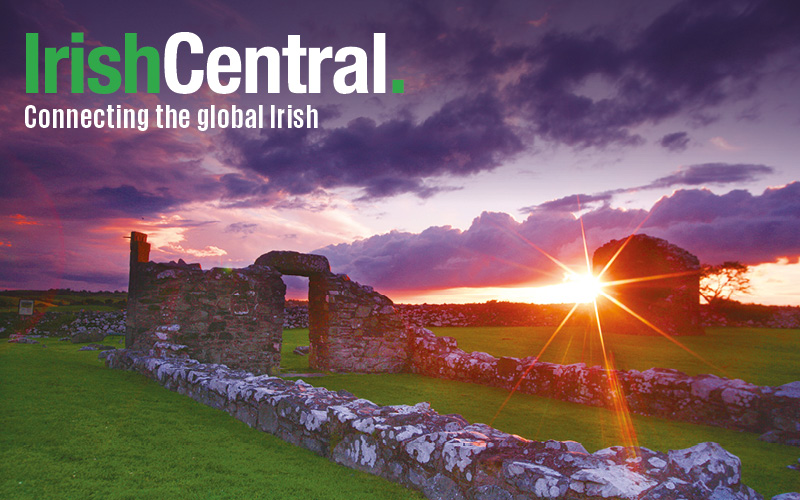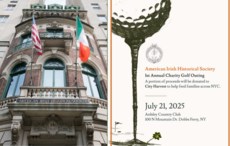Intestate estates have become increasingly frequent in recent years. People who die without leaving wills unintentionally leave problems for family members to cope with. Generally, the Public Administrator seizes the assets and conserves them until all family members have been identified and their kinship proven.
So, what do you do when you find yourself in this situation? How do you go about meeting the requirements of the Surrogate Court? The first step is to find an attorney who is a specialist in trust and estates and has experience in kinship hearings. Not every lawyer is equipped to navigate the long and often frustrating process of reclaiming an estate from the Public Administrator. Find one you trust and provide as much information as possible.
You will also need the services of a probate genealogist who will assist with the research and obtain the documentation in the format which is admissible in court. In many cases, the genealogist will be called to testify at a kinship hearing to identify the rightful heirs.
So, what do you do first? Since family history has become a popular activity, you may be in a position to start the research yourself or find a knowledgeable family member to assist you. Start at home with family papers. The following documents will be relevant to your research:
Birth/baptismal, marriage and death certificates, memorial or mortuary cards, obituaries, cemetery records, naturalization papers, address books, and even Christmas cards which may include the names and addresses of the senders.
If you are internet savvy, you can search for Census returns in America and Ireland. The 1920 and 1930 Census of the United States are available and now, the 1940 has been released. The 1901 and 1911 Irish Census are available on line at: www.nationalarchives.ie .
Assemble as much information as you can. Interview your elderly relations who knew the family here and back home in Ireland. Be careful not to build up any false expectations in the people you interview. The possibility of inheritance can create tensions within the family so use discretion and tact with your relatives!
You can begin to construct a family tree yourself or engage the services of a probate genealogist to prepare your case. The more you can do yourself, the lower the fee the genealogist will have to charge the estate. The most successful cases are those in which the family and the genealogist work together to present the most comprehensive documentation possible.
Documents submitted from outside Ireland require an apostille or authentication stamp to make them acceptable in court. The apostille for Irish documents is issued by the Department of Foreign Affairs in Dublin under the terms of the Hague Convention (1961). There is a charge, payable in Euro, for each apostille.
Notary public fees in the United States are a very reasonable $3 per documents. U.S. Notaries are very easy to find in banks and lawyer’s offices. This is not the case in Ireland. Notaries public are only solicitors and in most counties they are few and far between. In County Cavan, for instance, there are only 4 notaries whose signatures and seals can be apostilled for the United States. Because they are such an elite group, they charge significantly more than American notaries. The fee per document averages between Euro 50 and Euro 75 and if travel is required, it can be much more. Although the term “notary public” is used in both the USA and Ireland the fee structure is very, very different.
So, if it all sounding likes a bit too much hassle, don’t be discouraged. Each year huge sums of money are deemed “unclaimed funds” and revert to the state coffers. An industry of “heir finders” has grown up providing service to unknown heirs. As in all businesses, some are better than others. Most firms work on a no- win, no- fee basis. If they succeed in proving your kinship, they take a percentage of the net funds recovered. Percentages vary between 10% and 40% depending on the complexity or size of the estate.
How can you tell the good firms from the cowboys? Check the reputation of any firm that approaches you. Firms that have been in business for many years are justly proud of their good reputations. Heir locating has become extremely competitive in recent years. You and your family may be approached by several firms. Choose the best deal in terms of fee and services provided. Be wary of any fees that appear to be very “reasonable”. Some firms offering 8%-10% fail to complete the case so you will receive nothing if they abandon your claim. Better to receive 75% or 80% of an estate that is actually completed within a reasonable amount of time.
Once you choose a company to represent you, provide as much family data as you can and then, be patient. The average claim takes between 2 to 3 years but can take longer if complications arise. Remember that both sides of the family have to be accounted for, not just yours. You may know nothing about the other side of the decedent’s family. This is exactly why you need to rely on a genealogist to research and prepare both family trees.
Patience is a virtue and very necessary when dealing with intestate estates. With 23 years’ experience in this field, I have encountered countless cases of “inheritance fatigue”; people just get tired of waiting. Potential heirs, particularly elderly ones, can become impatient and frustrated and the process becomes an irritating experience. My advice would be to try to forget about it and be grateful for the check when it comes, whenever that might be!
* Eileen M. Ó Dúill, CG, Research Director, HeirsIreland
Certified Genealogist and CG are service marks of the Board for Certification of Genealogists®,
used under license by the Board's associates after periodic evaluation.
HeirsIreland is a probate genealogy firm based in Dublin, Ireland. With 23 years’ experience in over 800 estates, it provides comprehensive kinship research, expert testimony and documentation services. In addition to staff in Dublin, we have contacts with a network of genealogists throughout the United States, Great Britain and Europe.




Comments